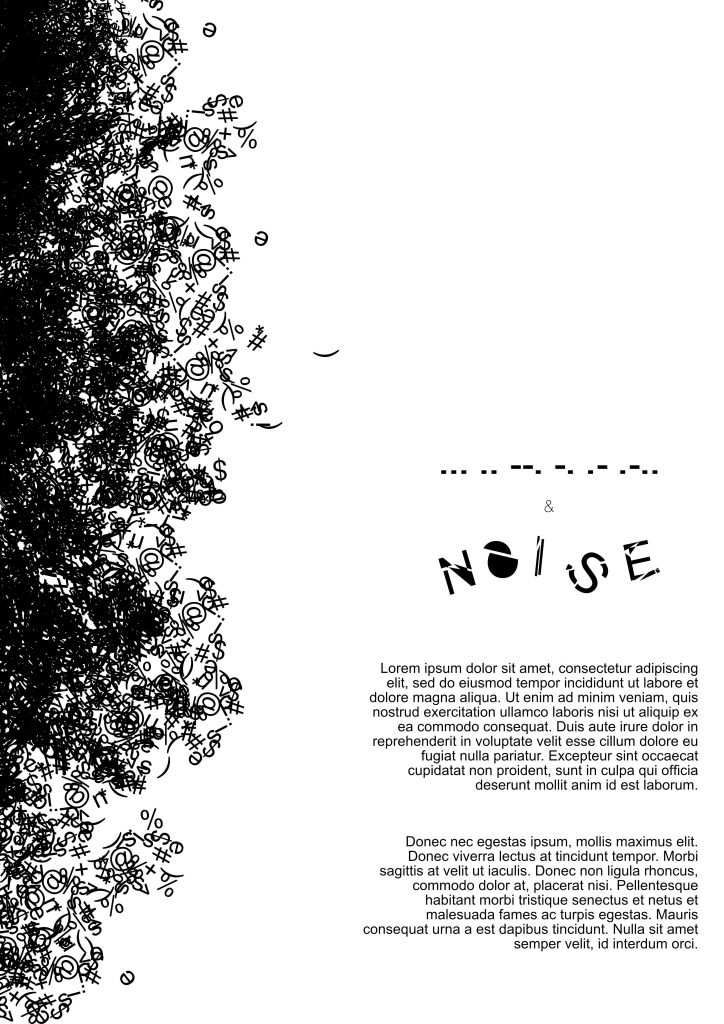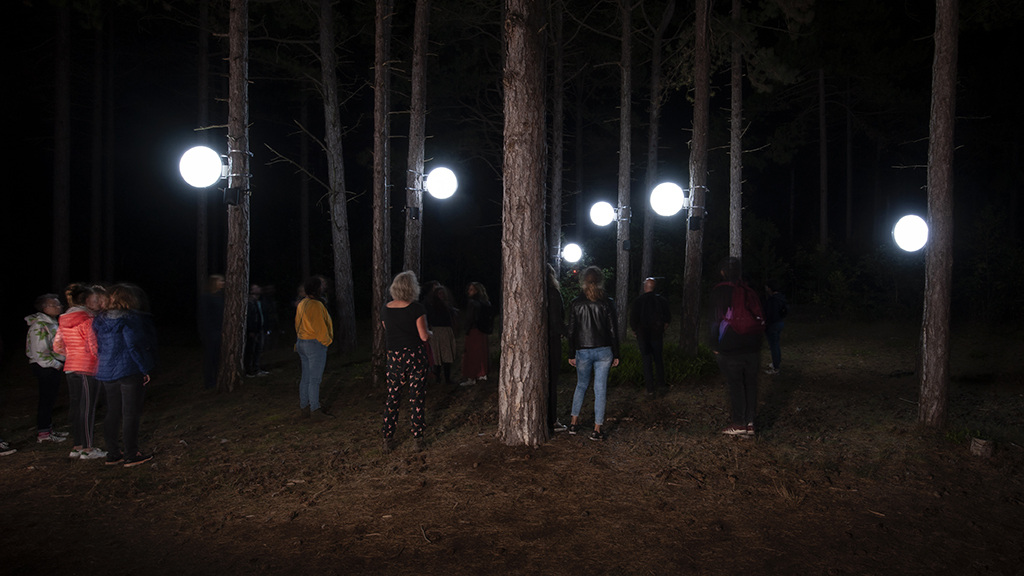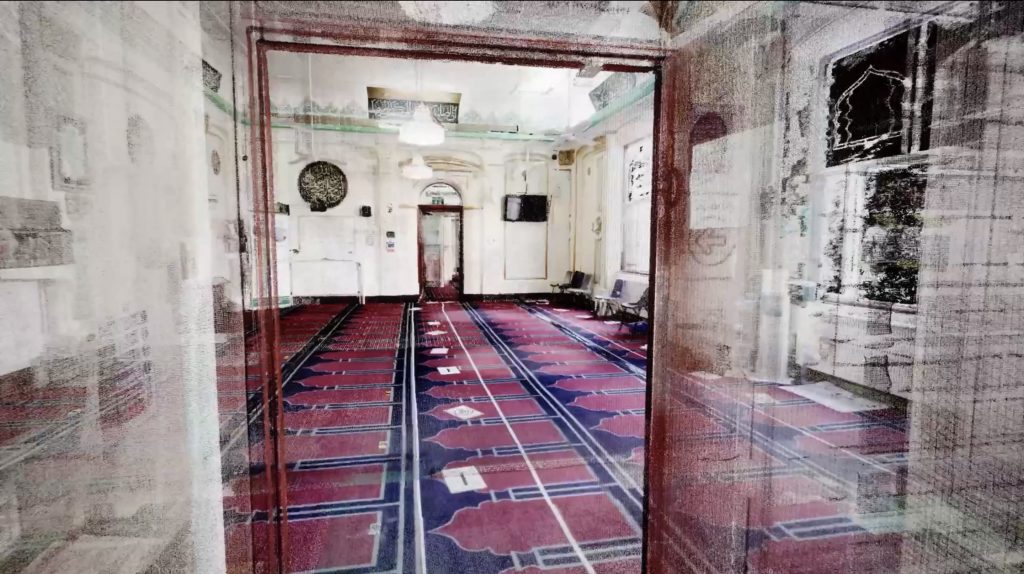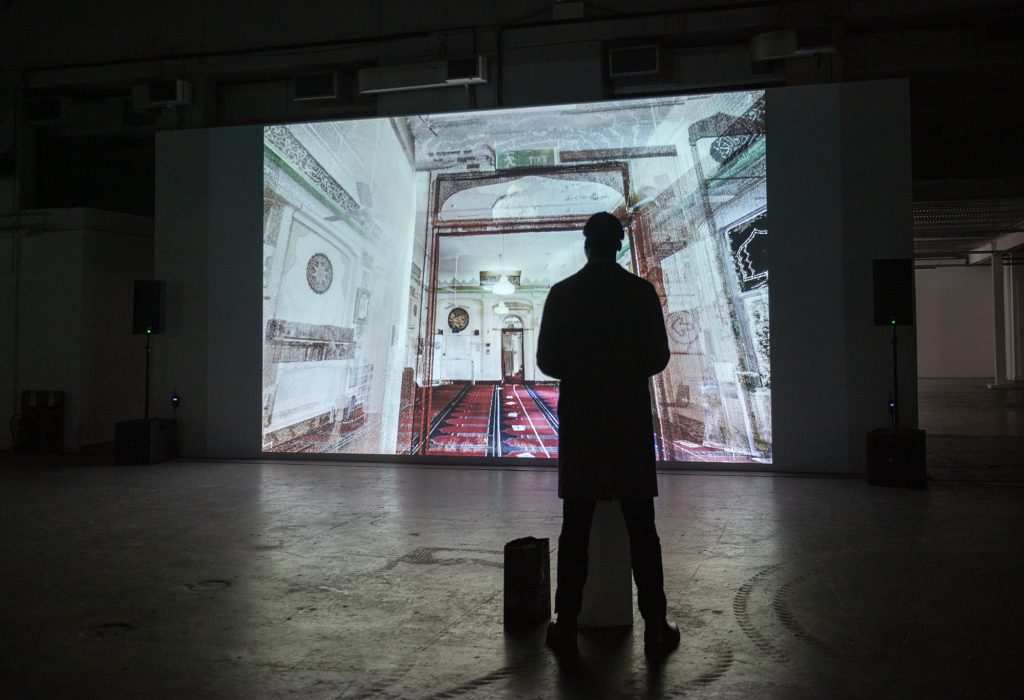The new Art and Emerging Technologies MA and Global Contemporary Art MA provide immersive and transformative experiences that seamlessly integrate both traditional and contemporary artistic approaches. These innovative courses have been designed with a strong emphasis on nurturing the skills relevant to the dynamic landscape of the creative and technology industries.
We spoke with Elizabeth Allen, who worked as part of the team to develop the courses, about her impressive professional and academic experience and the new courses she will be teaching on.
Can you tell us a bit more about yourself?
I have over two decades of teaching and research experience, spanning diverse disciplines within arts and related creative technologies. Since 2018, I have been the Assistant Head of School for the Arts and Technologies subject area within Westminster School of Arts. From my original background in Photography and Imaging Technologies to Creative Media Arts, I have observed the fascinating convergence of creative and scientific disciplines, fuelled by technological advancements.
Through this, I have been fortunate to witness the transformative impact of interdisciplinary education and research. This has included curating several cross-disciplinary staff/student exhibitions which had a focus upon the intersection between art and technologies and being part of the Broad Vision interdisciplinary educational research project.
Middle: Illumine, an interdisciplinary art/science staff-student exhibition
Right: Poster from Signal and Noise interdisciplinary art/science staff-student exhibition, 2016
Being able to understand other disciplinary perspectives and to operate at the intersection between disciplines is increasingly important in understanding and advancing a world expanded by immersive technologies, therefore I am really excited that we are launching this suite of innovative MA courses.
Beyond my responsibilities within the School of Arts, I oversee the CREATECH (Creative Technologies) group for the College of Design, Digital, and Creative Industries (DCDI) at Westminster.
Can you tell us about your area/s of expertise or interest?
I am an academic and researcher, with a focus upon art, emerging technologies, and human perception. I have always worked across disciplines spanning art, science and technologies. My PhD research was about understanding and modelling the ways in which humans perceive the visual, drawing upon research methods from cognitive psychology. More recently, I have become interested in bringing together these ideas from my background into artistic practice, to explore key questions and ethical dilemmas around ways of seeing and perceiving the world, including the perspectives of machine vision and AI.
I am excited to be a co-founder of the recently formed Art, Technologies, and Ethics research group, as well as a member of the Computational Vision and Imaging research group. I am also involved in TechArtistry, a project exploring the interface between art and technology.
What is the most exciting aspect of teaching art and technology at Westminster?
We are on the cusp of a hugely significant, yet unknown transformation for society. This transformation is driven and facilitated by new and emerging technologies, which expand our experience of reality, AI, our interactions with each other and with non-human intelligence.
Throughout history, artists have been at the forefront of questioning norms, and instigating change. In our contemporary landscape, complex challenges such as environmental sustainability, social justice, and healthcare demand innovative solutions that seamlessly merge art and technology. Bringing these subjects together enables students to explore how technology can be used as a tool for creative expression and positive social change.
Combining art and emerging technology requires students to develop interdisciplinary skills that are increasingly valuable in today’s job market. It fosters creativity, critical thinking, problem-solving, and adaptability — which are essential for success in a rapidly changing technological landscape. Being a part of this is enormously exciting.
What do you think makes these new MA Arts courses at Westminster stand-out?
These are three linked courses which engage with arts through technologies, expanded practices and global perspectives. They provide students with a holistic education that prepares them to thrive in a world where the boundaries between art, technology, and society are increasingly blurred. The Art and Emerging Technologies MA promotes innovation by encouraging students to explore new ways of creating and interacting. The Global Contemporary Art MA explores how artists and curators engage in collaborative methods to envision alternative futures and advocate for positive social, environmental, and relational changes.
The courses optimise the expertise that we have built up within the School of Arts in understanding the contemporary arts landscape and the opportunities that emerging technologies present. They have been designed with the input of internationally renowned artists and researchers (such as Dr Julie Marsh, Professor Neal White and Professor May Adadol Ingawanij). All are members of our Centre for Research in Art and Media (CREAM). Julie Marsh is an artist, researcher and academic who specialises in collaborative and knowledge-led approaches to field research, exploring the intersections between film, installation and performance. Professor Neal White is an artist with a strong interest in the complex threads that link social, political and ecological futures to visual and interdisciplinary contemporary art. His background in art & technology developed into critical investigations of science (STS) alongside processes that draw on legacies of post/conceptual art, as well as an interest in social practice and collaborations with other artists, academics, architects and activist.
Copyright Neal White
Copyright Julie Marsh
Students can personalise their experience with the option modules shared across our three Arts MA’s (mentioned in my first answer). This allows them to develop specialist expertise in areas of interest and to collaborate with students and researchers from other disciplines. In turn, this empowers our students to become creative problem solvers, innovators, and informed and critical thinkers capable of making meaningful contributions to the world.
About Westminster
As one of the most diverse universities in the UK, we are a global university with London energy, with more than 19,000 students from 169 countries. Visit our website to find out more about our Art MA courses.
- MORE 2025: Showcasing the Future of Architecture and Cities - October 27, 2025
- Opportunities at Westminster: My journey as a Student Ambassador - October 3, 2025
- OPEN 2025 Celebrating Talented Students - July 23, 2025







